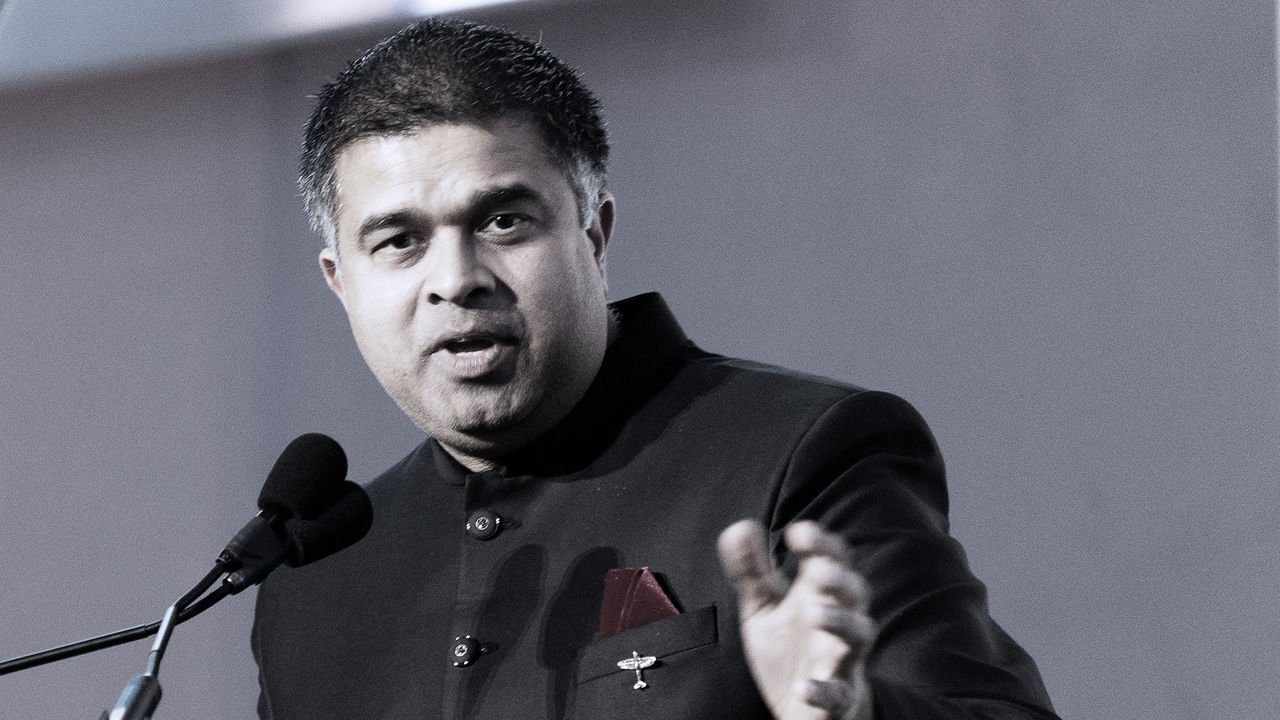'The Age of the Authoritarian Leader is Over': How Empathy Fuels PayPal's Culture
PayPal HR leader says the company's focus on empathy and listening has sparked important changes to the company's pay, perks and management style

Was this resource helpful?



